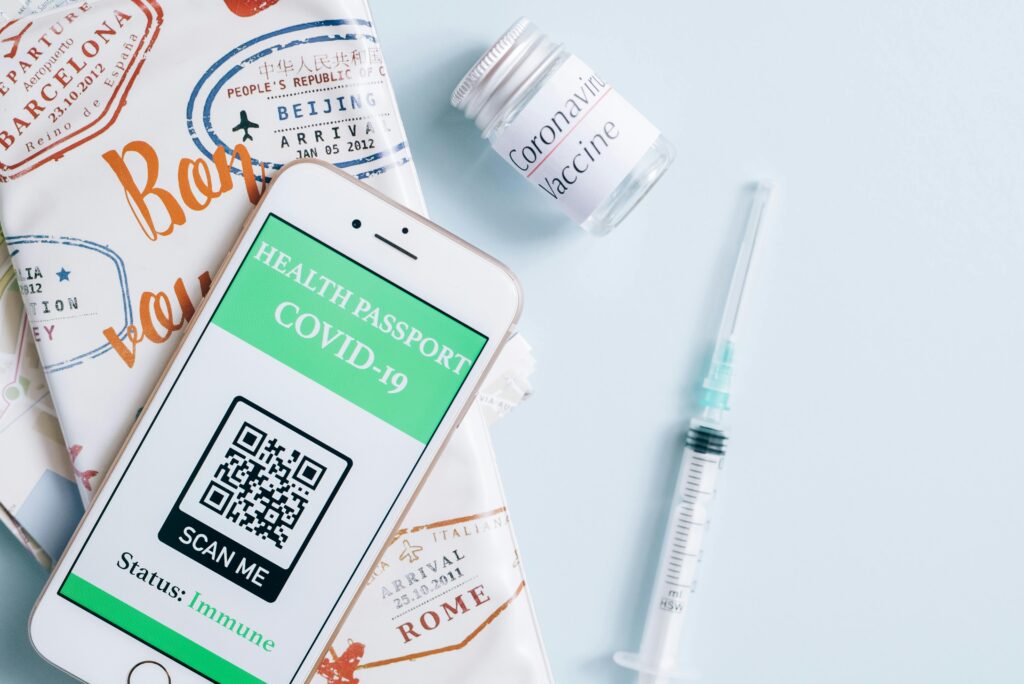The COVID-19 pandemic has profoundly reshaped many aspects of daily life, but perhaps no sector has been as deeply affected as international travel. As the world begins to emerge from the pandemic’s shadow, the concept of “health passports” is gaining traction as a potential tool to restore confidence in global travel. These digital health certificates, often in the form of mobile apps, aim to verify a traveler’s vaccination status, recent COVID-19 test results, or immunity status. While the idea is promising, it also brings with it a host of challenges and questions about privacy, equity, and feasibility.
The Concept of Health Passports
A health passport, also known as a digital health certificate, is essentially a secure digital record of a person’s health status, particularly related to infectious diseases like COVID-19. These passports are designed to be used at border crossings, airports, and other points of entry to verify whether a traveler meets the health requirements of their destination country.
In theory, a health passport would streamline the travel process by eliminating the need for quarantine periods and reducing the risk of spreading diseases across borders. For example, a traveler could present a QR code on their smartphone at a check-in counter, which would then be scanned to verify their vaccination status or recent negative COVID-19 test. If everything checks out, they would be allowed to proceed with their travel plans without the need for additional screening or delays.
The Technology Behind Health Passports
Health passports rely on secure digital platforms that integrate data from various sources, including vaccination records, test results, and healthcare providers. Blockchain technology is often touted as a potential backbone for these systems due to its ability to provide a secure, immutable record of transactions. By using blockchain, health passports can ensure that health data is tamper-proof and can be trusted by all parties involved, from airlines to immigration authorities.
Additionally, these platforms are designed to protect user privacy by ensuring that only relevant data is shared. For instance, rather than sharing detailed medical records, a health passport might only indicate whether a traveler meets the necessary health criteria for entry into a country, without revealing any personal health information.
The Benefits of Health Passports
The most obvious benefit of health passports is their potential to facilitate the safe resumption of international travel. By providing a standardized way to verify health information, these passports could help countries reopen their borders with confidence, boosting global tourism and business travel. This, in turn, could have significant economic benefits, particularly for countries that rely heavily on tourism.
Moreover, health passports could reduce the need for quarantine measures, which have been a significant barrier to travel during the pandemic. Travelers who can prove their health status through a health passport would likely be exempt from lengthy quarantine periods, making international travel more appealing and practical.
Challenges and Controversies
Despite the potential benefits, health passports are not without controversy. One of the most significant concerns is privacy. Critics argue that the widespread adoption of health passports could lead to increased surveillance and the erosion of personal privacy. While the technology behind these passports is designed to protect user data, there is always the risk of data breaches or misuse.
Another challenge is equity. Access to health passports would likely be tied to access to vaccines and healthcare, raising concerns about inequality. In many parts of the world, vaccines are still not widely available, and linking travel to vaccination status could disproportionately impact individuals from low-income countries.
Additionally, there is the question of standardization. For health passports to be effective, there would need to be a global consensus on what constitutes acceptable health data, and how it should be verified. This is no small task, given the varying health regulations and standards across different countries.
The Future of Health Passports
As the world continues to grapple with the long-term impacts of the COVID-19 pandemic, health passports are likely to remain a topic of significant debate. While they offer a promising solution for restoring international travel, their implementation must be carefully managed to address concerns about privacy, equity, and global cooperation.
In the future, health passports could become a standard part of international travel, much like traditional passports and visas. However, for this to happen, governments, health organizations, and technology providers will need to work together to create a system that is secure, equitable, and widely accepted. As we look forward to a post-pandemic world, health passports may well be a key component in navigating the new landscape of global travel.










